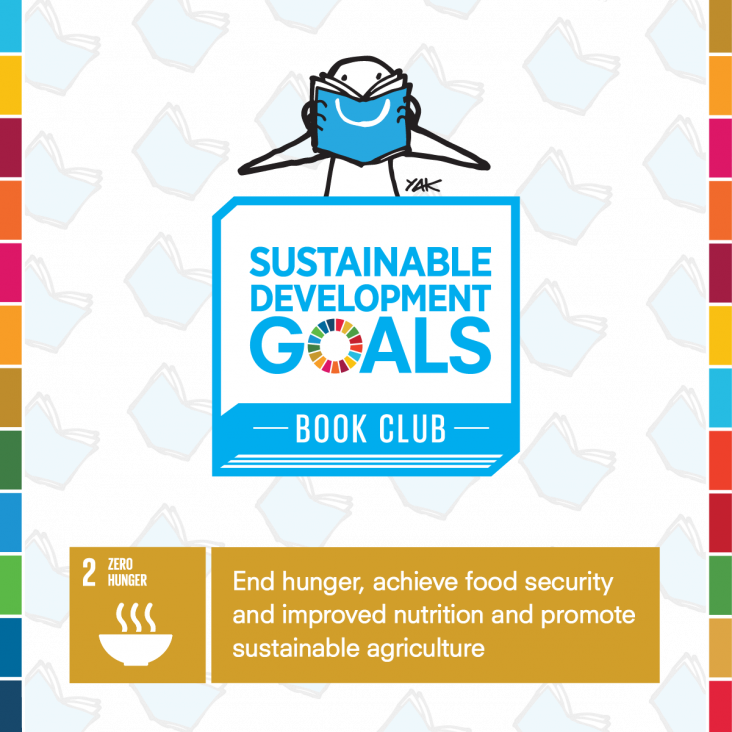A grand challenge facing humanity is how to produce food for a growing population in the face of a changing climate and environmental degradation.
Partner content
United Nations
Background: Fruits and vegetables are an excellent source of nutrients, with numerous health benefits. Most consumers are not meeting the daily recommended intake of fruits and vegetables.
Soil and water salinity and associated problems are a major challenge for global food production.
Elucidating relationships between the soil food web, soil processes, and agroecosystem function is a critical step toward a more sustainable agriculture.
